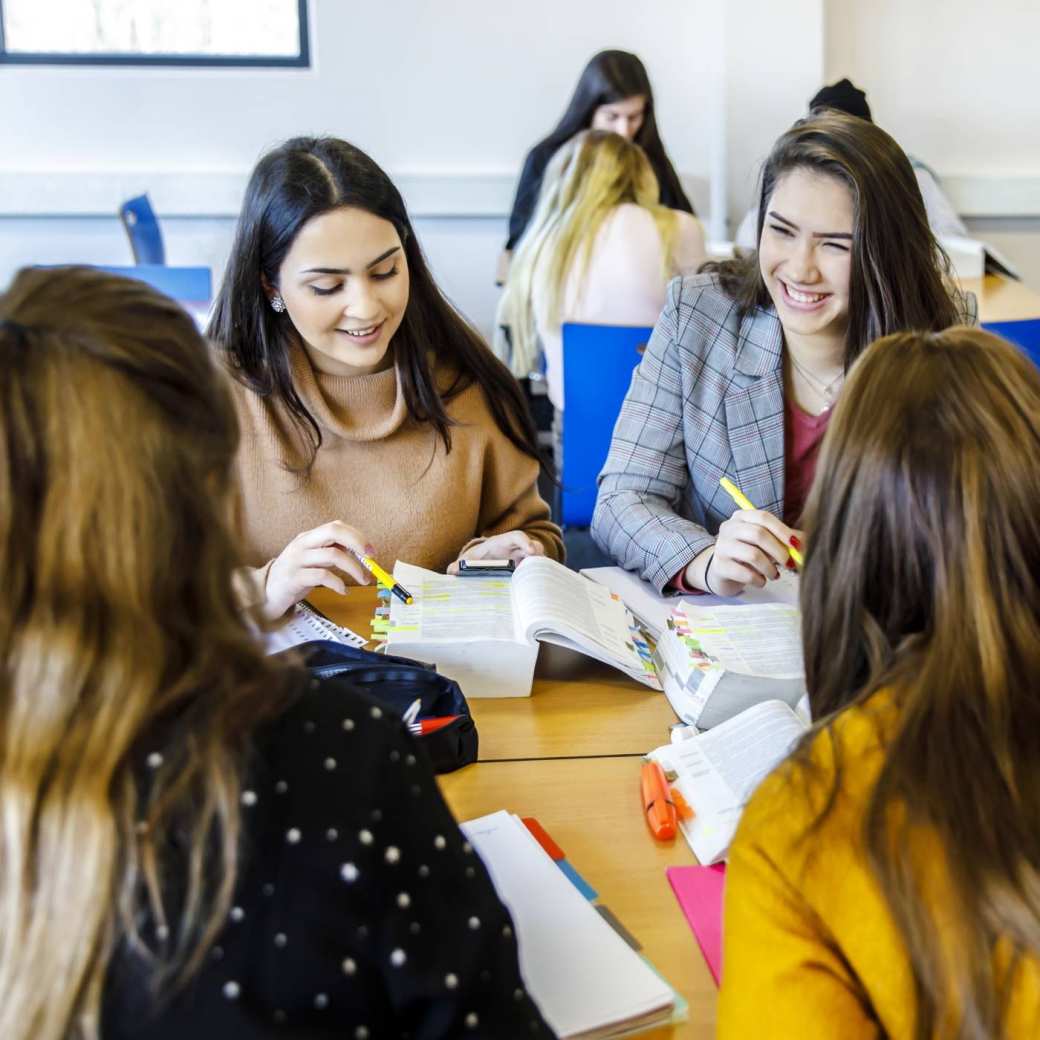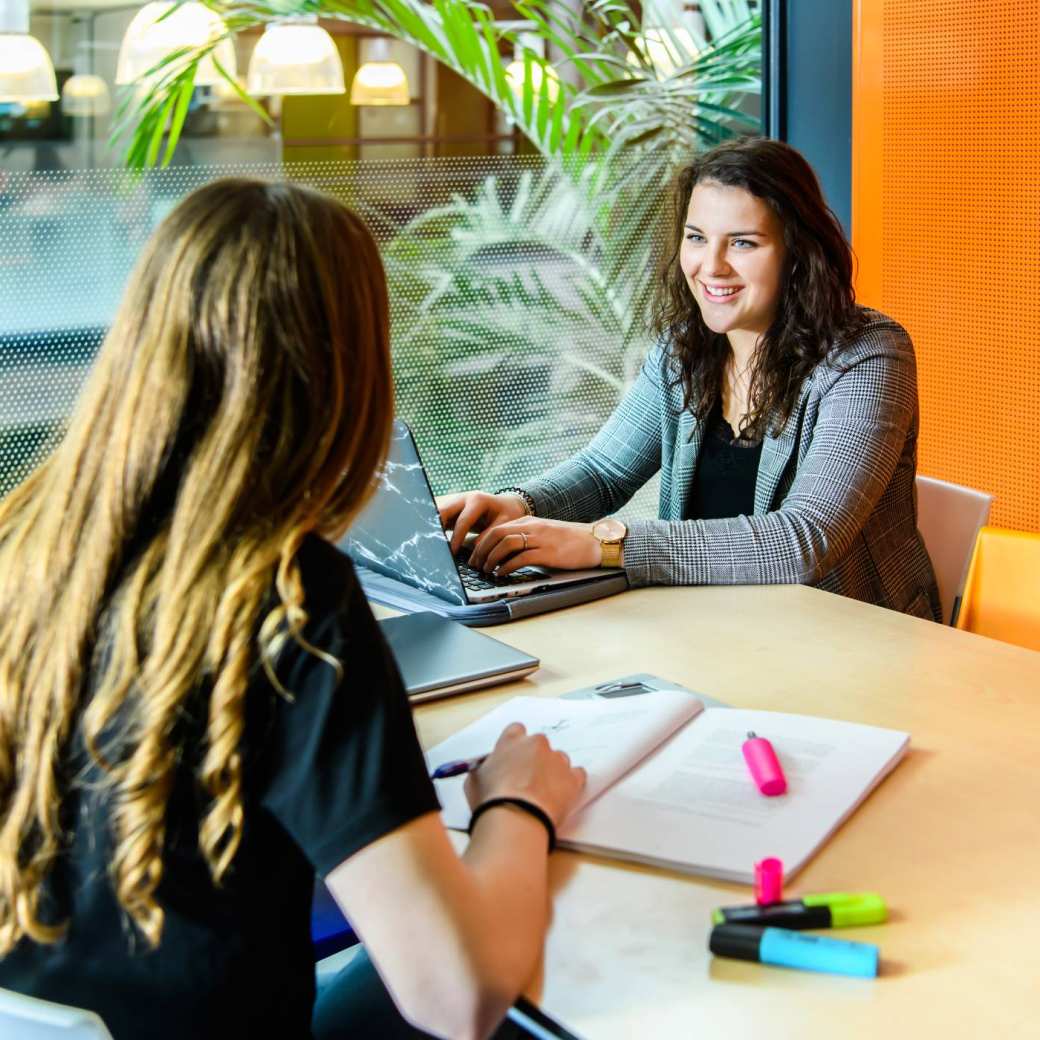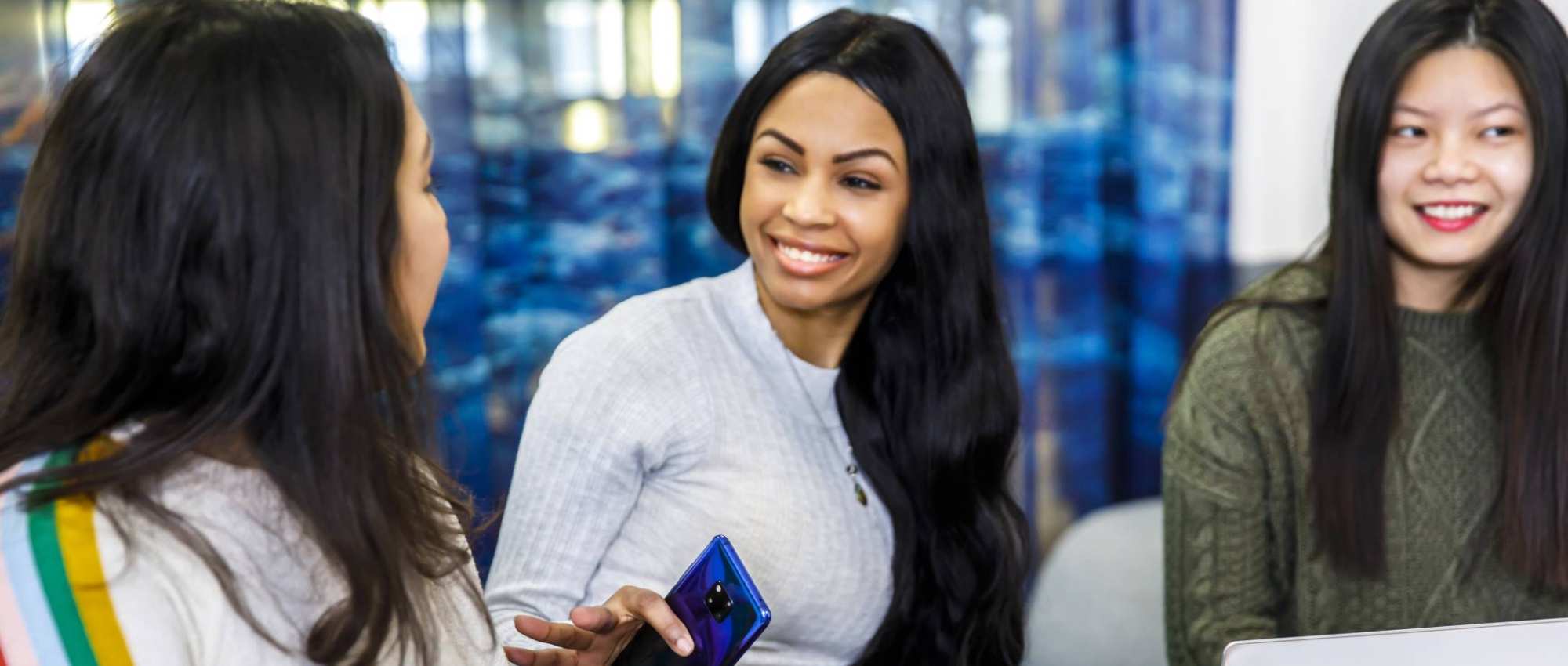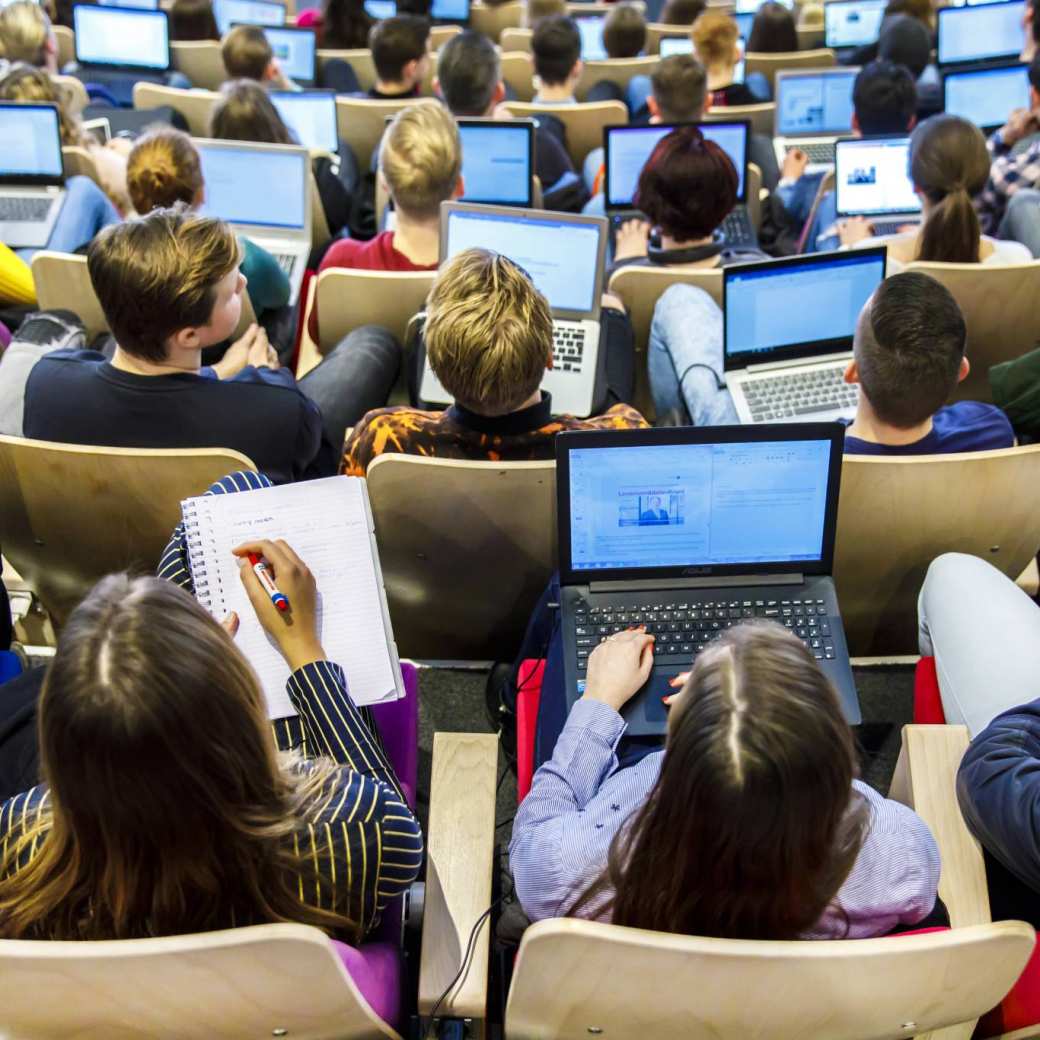Spinal Musculoskeletal Physiotherapy
Want to help your patients move easier? Get more out of life? Then this exchange program is for you! Learn about the human spine. How it works. How all manner of illnesses and bodily disfunctions can stem from spinal issues. Learn to reason out the issue. Identify disfunctions. And much more.

The program in a nutshell
Your classes and workshops take place Monday through Friday. About 15 hours spread throughout the week. Your week includes tutor groups. Practical lessons. Journal club to discuss scientific literature. Lectures. And self-guided group meetings with your classmates. You also thicken up your portfolio by documenting your actual experiences.
Your portfolio is assessed at the end of the program. And you undertake a practical assessment. To show your lecturers what you’ve learned. That you’re competent and confident in the context of spinal musculoskeletal physiotherapy.

Program details
Learning outcomes
By the end of the Spinal Musculoskeletal Physiotherapy Program you can:
- Implement segmental, regional, functional examinations
- Implement interventions
- Use and implement HOAC II theory when treating patients
- Use and implement principles of evidence-based practice
- Assess beliefs and expectations of patients with musculoskeletal issues
- Facilitate/coach patients with musculoskeletal issues to properly self-manage

Competences
You strengthen these competence areas during the program:
- Knowledge development
- Knowledge application
- International law
- Writing skills
- Communication skills
- Management (soft and hard) skills

Dutch way of learning
The atmosphere in a Dutch classroom is quite informal and your lecturers are easy to talk to. In fact, at HAN you’re seen as a partner in the learning process. Class sizes are small and your lecturers encourage you to actively participate in class. To ask questions and give your own opinion. They also stimulate you to be creative and to discover things for yourself.

HAN International Intro
Get a good start to your studies during this week of orientation:
- learn about living in the Netherlands
- become familiar with the campus
- get on board with your exchange program
- make new friends!

What about credits and grading?
At HAN we use the European Credit Transfer and Accumulation System, or ECTS. It’s the standard credit system used in higher education across Europe. How does it work? One credit = 28 hours of study. Think of contact hours. Time spent working on assignments. Preparing for exams.
One semester = 30 credits = 840 hours of study. To earn credits, you need to pass your exams. What counts as a pass? A grade of at least 5.5.

Admission
What are the admission requirements? And how do I apply?
